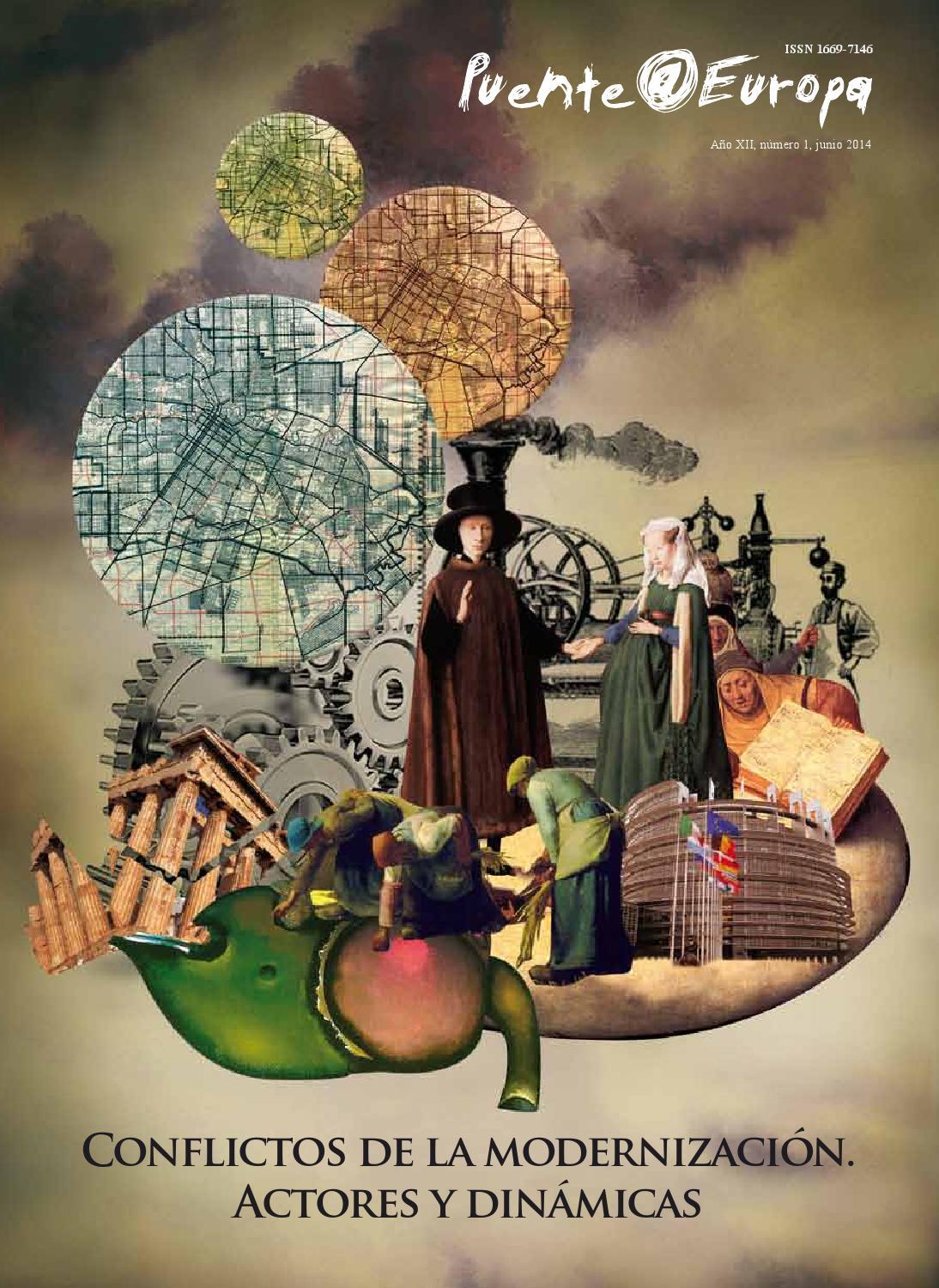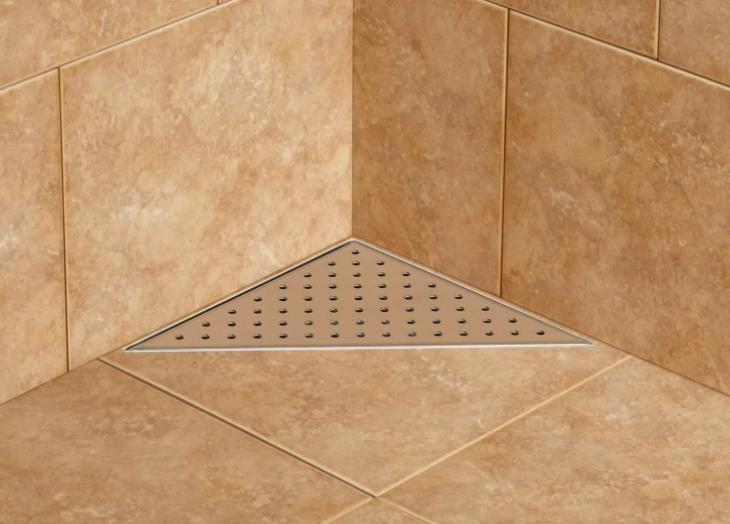The other historical installation: the disputes and tensions that marked the restart of Congress in 1990 and its similarities with the Convention
“I swear by the Constitution, the Law, this regulation, and by José Manuel Parada, my son who had his throat cut…”.
María Maluenda's statement was symbolic in so many aspects that it is difficult to detail them all. At 10 in the morning of March 11, 1990, with the country formally still under the government of Augusto Pinochet, the elected deputy had been the first president of the reinstated Chamber of Deputies to meet in a building half finished in Valparaíso, even if it was for a few minutes and for a formal element: someone had to be in charge until the parliamentarians took legal possession of their posts and the first board of directors was elected, a while later .
That Maluenda was in that position was a wink of fate. Actress, militant of the Communist Party before the coup, who had been suspended by the PC in 1987 because she supported the movement for free elections, and mother of one of the victims of one of the most remembered crimes of the military regime, the deputy elected by the PPD -party to which she had joined in 1987- had reached the front for being the oldest elected legislator, a formula that was evaluated, but it was ruled out, in the case of the Constitutional Convention that will begin its sessions this Sunday. And the phrase of the parliamentarian - who died in 2011 and also the grandmother of Javiera Parada, today Ignacio Briones' campaign manager - is remembered today by José Antonio Viera-Gallo, who, precisely, would win the election among legislators and would become, moments later , the first elected president of the reinstated Lower House.
“The Organic Law of the National Congress had established that the session was chaired by the most senior parliamentarian, who was María Maluenda. Then she opened the session and took the oath, and then the election was held," explains Viera-Gallo, who was also part of the PPD at that time, and later, from the PS, would hold other relevant positions such as senator, minister of State and member of the Constitutional Court. To emphasize the power of that moment, he adds: “When inaugurating the Chamber, María deviated from the regulations. And let's remember that Pinochet had not yet handed over command.”
With Pinochet present in Valparaíso to hand over power to Patricio Aylwin, it was not the only gesture of repudiation that alluded to his regime. “I had to sit right in front of the dictator,” Camilo Escalona, then a young deputy elected by the Socialist Party, recalls of that day. “I had put an image of Carlos Lorca on my lapel and the old man looked at me with a hateful face”. Lorca, by the way, was one of the emblematic members of the PS leadership who was arrested and disappeared during the military regime.
The entire scenario was uncertain and progress was made by trial and error, step by step, in the construction of small agreements and trust. While the Lower House was sworn in, in the Senate, for example, one of the most commented political moves of the day took place: representing the UDI, the senator-elect Jaime Guzmán pledged his votes so that the first president would be Gabriel Valdés , a historic DC leader whose candidacy risked not reaching a majority if the senators of the incoming opposition sided with those designated.
The then deputy and current UDI senator Juan Antonio Coloma, who has been a member of Parliament from that moment to the present, remembers that day as if it were yesterday: “Despite the differences, it was perceived a sense of joint mission, and that was the most important thing.”
Similarities and differences
More than 31 years ago, in an atmosphere of great nervousness and measurements of strength between the nascent Concertación and the right-wing opposition bloc, then closely linked to General Augusto Pinochet, the The first Congress (Chamber of Deputies and Senate) was installed in Valparaíso, after the recovery of democracy.
Several protagonists of that day agree that, despite the three decades apart, there are similarities with the inaugural session of the Convention, which brings together the 155 constituents for the first time this Sunday.
Other, however, point out that the moments and figures are very different and incomparable, for better or worse.
“It is a very different time, but also very the same,” says Héctor Soto, a columnist for La Tercera who covered that time in Parliament. “In both cases the dominant drive is to close one cycle and open another. In both, the load of expectations was enormous. Great in the 1990s and frankly gigantic now. And also in both cases the fears are associated with the dismantling. Of the legacy of dictatorship yesterday, of the legacy of Chile, the son of modernization, now. A skeptic would say that the 1990s were neither too much nor too little: some things were changed, but both the foundations of the political system and the model were preserved. A fearful soul, on the other hand, would say that now things are much tougher. Time will tell".
Although there is nervousness these days, on the eve of the start of the Constitutional Convention, and demonstrations have even been called on the outskirts of the former Congress, the then socialist senator Ricardo Núñez assures that three decades ago the tension was great older.

“The first meeting with our opposition peers -elected and appointed- was in the basement of the Senate, which are today the dining rooms. There we met, face to face, those of us who had been so deeply estranged during the dictatorship. We were in front of characters who had persecuted us, the Minister of the Interior who had signed orders to arrest us and my feeling was that expressions from two Chiles came together that it was very difficult for them to meet again to build a joint homeland”.
In fact, Núñez believes that the role of that Parliament was fulfilled. “Those two worlds, which I don't know if they still exist, at least, had the ability to converse and dialogue, which was the most important thing, with all its flaws, of our transition. If we did it, history will tell it, now it is the constituents that will be able to do, or not, the new homeland that Chile requires in the 21st century”
For Camilo Escalona, who became a deputy in 1990 at the age of 35, the functions of that Congress and the current Convention are very different. “The Parliament of 1990 had to restore confidence that the civil forces were capable of governing the country without military tutelage. That task was accomplished, although some today are unaware of it. And now that there is a stable democracy, the task of the Convention is to do what the Parliament of 1990 could not do, which is to draft a new Constitution”.
Jorge Schaulsohn, founder of the PPD and then representative for the Santiago district, is more categorical: “The installation of Congress is exactly the opposite of everything that is happening today with the Convention. First, because we felt enormous respect for the institution, which was the National Congress, and a great sense of responsibility, because we had recovered democracy and our main desire was to take care of the institutions and that the rule of law was respected so that we would not repeat the mistakes that in the past had led us to end a dictatorship”.
In the same vein, the then deputy Gutenberg Martínez (DC) states: "There was an atmosphere of trust and commitment to a good future. Despite the discrepancies and the long conflict with the dictatorship, there was a will to build a better country for all. A lot of awareness of the responsibility that corresponded to us”.
Viera-Gallo points out other more practical differences: “Apart from already having a regulation and the structure of commissions, both chambers took office with the support of a body of officials who had been working before the coup, and who during the dictatorship they were submerged in the legislative commissions of the Junta. They were not fired and we met officials with a lot of experience and who brought back the memory of how Parliament worked. Instead, today there is nothing.”
Jaime Guzmán's bold move that upset RN
When Congress left, the presidency of both chambers was as important as that of the Convention is now, and the press was all over the talks. Despite the fact that the Concertación had the majority of elected parliamentarians and could choose whoever led the Chamber of Deputies, it did not have enough votes in the Senate due to the figure of designated senators, established in the 1980 Constitution and that would only disappear fifteen years after the installation of Parliament, with the reforms of Ricardo Lagos in 2005.
For the journalist Ascanio Cavallo, who on March 11, 1990 was 32 years old, was editor of the newspaper La Época and had written two years before The hidden history of the military regime together with Manuel Salazar and Óscar Sepúlveda, the most surprising thing about the installation process was the choice of tables. “In the Chamber of Deputies, the Concertación had a majority and easily imposed José Antonio Viera Gallo, whom he chose because he was the most conciliatory and who had more networks for all sides. But what was shocking was the unusual operation by Jaime Guzmán, who tilted the vote for Gabriel Valdés.”
Cavallo recalls that Guzmán hit the press: “RN, which was much more powerful than the UDI, wanted (Sergio Onofre) Jarpa to preside over the Senate, who was very up to the ball, with the support of the designated senators ... and suddenly Guzmán appears with this move in which he also took several of the designated senators and that no journalist captured.
Regarding this action by Guzmán, the journalist Rafael Otano, editor of the defunct magazine Apsi, and author of Crónica de la Transición, adds that Guzmán “with this daring move disconcerted RN and left it in a secondary role. And today nothing prevents us from thinking that in the first sessions of the Convention there will be surprises from any point of the parliamentary circle”.
More about La Tercera PM
Regarding that pool game, Senator Juan Antonio Coloma points out: “It was very important for what would come after the inspiration of Jaime Guzmán to reach an agreement on the parliamentary directives, which established a work scheme that forced mutual trust”.
"I don't know what would have happened without that agreement, because it marked a path... I think everything would have been much more tense," adds Coloma.
Viera-Gallo gives more value to Guzmán's operation: "Because in the UDI there were very few, they only had two senators, but those two votes (Beltrán Urenda and Guzmán) were enough for the majority."
A single bathroom for men
Viera-Gallo, then president of the Chamber, also remembers more everyday issues, such as the fact that he was the only one who had an office in the building, built ad-hoc for Parliament by a law promulgated in 1987 by the Military Junta that established moving the seat of Parliament to Valparaíso for reasons of decentralization, but whose construction only began on October 20, 1988, fifteen days after the triumph of the "No" in the referendum.
The former minister and former senator assures that, despite the privilege of space, the conditions meant that his office finally ended up being available and open to all: “In the Chamber there was only the hemicycle and two or three offices in front, that of the presidency and that of the secretary. Everything else was scaffolding. In other words, it was a bit of a symbol of nascent democracy, very precarious”.
Otano makes an analogy between the building in the port and the Pereira Palace: “The situation coincides in which these two institutional buildings have a new air. On the one hand, the Valparaíso Congress is an ad hoc construction that was not yet finished when senators and representatives occupied it. Their lordships had to put up with some discomfort for a few months. In the case of the Pereira Palace, it has recently been restored and, despite ten years of scrupulous work, it is very likely that some details remain to accommodate the army of 155 constituents and their cohorts. It seems that this current headquarters of the Ministry of Cultures and DIBAM is designed for this transitory historical function”.
“The unfinished building made it difficult to function with so many teachers working,” recalls Aldo Cornejo.
“I think the Senate held its first sessions in what is now the kitchen or dining room of the Upper House,” adds Ascanio Cavallo.
The conditions were very precarious and there was not the minimum infrastructure that would allow it to function properly. “There was only one bathroom for all the men,” adds another of the debuting deputies, Alberto Espina, then a promising young RN politician, who remembers having to wait in line. "There was not the minimum infrastructure that would allow it to function properly, but there was the will to make the Chamber work and generate agreements," recalls the man who would later become a senator and minister.
“The Senate was constituted in the dining rooms located in the first basement. There a kind of hemicycle was improvised. There was no separation between the senators, the journalists and the public, only we were standing up”, recalls Rafael Fuentealba, then a political journalist for La Época. "The atmosphere was very cold, in every way," recalls Escalona, referring to the temperature of the building and the relationship with the opposition.
Espina remembers that soccer helped bring positions closer together: “We organized a baby soccer championship called the Friendship Cup. There was the conviction that the way to strengthen our democratic system was to generate civic friendship, respecting the diversity of opinions and not falling into personal disqualifications”.
The paradox that Aldo Cornejo remembers
Another discussion that is repeated today is decentralization. Several regional constituents have complained because the work of the Convention is initially focused on the capital.
Regarding what happened in 1990, the representative for Valparaíso, Aldo Cornejo (DC) recalls: “The Congress at that time aroused great hope in Valparaíso that it would contribute to the progress of the city and generated a great debate , which became a great disappointment over time. At the same time, congressmen frequently discussed the transfer of Parliament to Santiago. The paradox occurred that, while the city full of hope made efforts for him to stay, several visitors wanted to leave.
Otano reflects that “the objection resides in the fact that a power, even if it is only temporary, returns to Santiago. Centralism, one of the devils that many parents of the Magna Carta want to fight against, has gotten in through some door. It is evident that the executive prefers to have this group close to enable some type of control”.
Journalist Rafael Fuentealba recalls that “the ambient temperature in Santiago meant that the Congress would not be in Valparaíso for a long time and that the building, still half-finished, would be repurposed for other purposes. There were a very centralist perception in politics and in the press, and that the symbolic meaning that, for many legislators, including from the Concertación, had its headquarters in Valparaíso, was not calibrated. Of course, the right supported keeping it in Valparaíso, due to a mixture of loyalty to Pinochet and a semi-rural or conservative regionalism”.
New press: the clicks that changed the switch
Not only parliamentarians made their debut in a body that resumed its life after 17 years. It was also a totally new scenario for many other people who would be linked to the political world. Thus, at least, it was felt very strongly in the press, which was experiencing its own internal movements. For example, TVN carried out its own “transfer of command” and the journalist Bernardo de la Maza took over as the channel's press director.
“That morning, the press director who had been in the dictatorship handed me command of TVN's press office and we immediately began to work in an atmosphere of great freedom and optimism, confident and sure that we were beginning to to do a different type of journalism, which was confirmed a few months later when our 24-Hour news program began to lead the ratings of all the television channels it had for many years," recalls the journalist, who -like a wink of fate- will be this Sunday at the Constitutional Convention, no longer as a reporter, but as one of the 155 constituents elected by winning his bid as an independent in Evópoli quota in the 8th district.
De la Maza points out that he and the new people who came to the public channel worked “with the team that came from before on TVN, people from all political sectors, from the right, center and left, whose only desire was to make quality journalism and television independent of the parties and the government”.
In fact, he recalls a news story on the lunchtime news that “clicked” with the audience. “Journalist Sandra Gamboa appeared with a dispatch from the Santa Inés Cemetery, where a small pilgrimage was taking place to the tomb of former President Salvador Allende led by Hortensia Bussi and sympathizers of the Unidad Popular government. First, people had no idea where Allende was buried, much less could they understand that a pilgrimage to the tomb of former President Allende appeared on the news on the State channel, which for many years had been the worst thing that could exist. That immediately marked a change in the tenor and focus of the news at the time."
Journalist Patricia Politzer, recently elected constituent, was also one of the protagonists of the television broadcast of that day: “For me, March 11 was very exciting, because I had to broadcast the ceremony on National Television. The channel was not handed over until Pinochet handed over the presidential sash to Aylwin. And when that broadcast ended, we joined the two hosts who were on the screen -one of them was Juan Guillermo Vivado- me and Augusto Góngora, two people who were in opposition to the dictatorship conducting a program”.
Fuentealba marks another click in the change from dictatorship to democracy: “The credentials for the press were given by Dinacos and they were in force until the change of command. Those valid for the activities on the afternoon of Sunday the 11th and Monday the 12th (Aylwin's very famous speech at the National Stadium) were those delivered by the commission arranged by the new government (the card system depending on what activities it was about). . I think Eugenio Tironi and Javier Luis Egaña were behind that”.
Perhaps what most synthesizes all these vicissitudes and uncertainty is the summary of a chronicle of Las Últimas Noticias of March 25, 1990, where the first session of the Chamber is recounted. “Parliamentarians began sessions in Congress in the midst of the hustle and bustle of an unfinished work. There were no chairs, machines and telephones. Andrés Aylwin, brother of the President, stood out for his humility.”
Comments
Comments in this section are exclusive to subscribers. Subscribe here.









2143